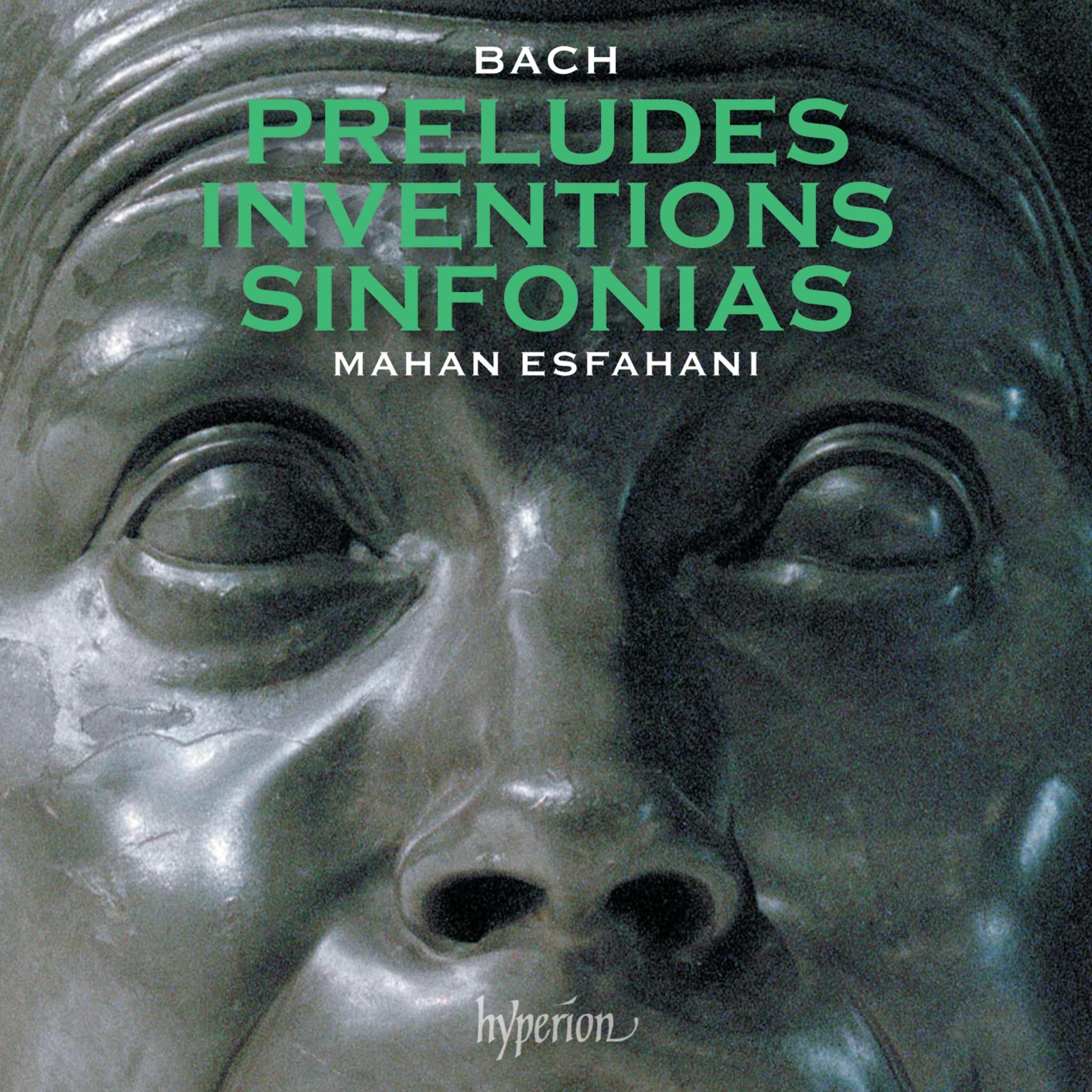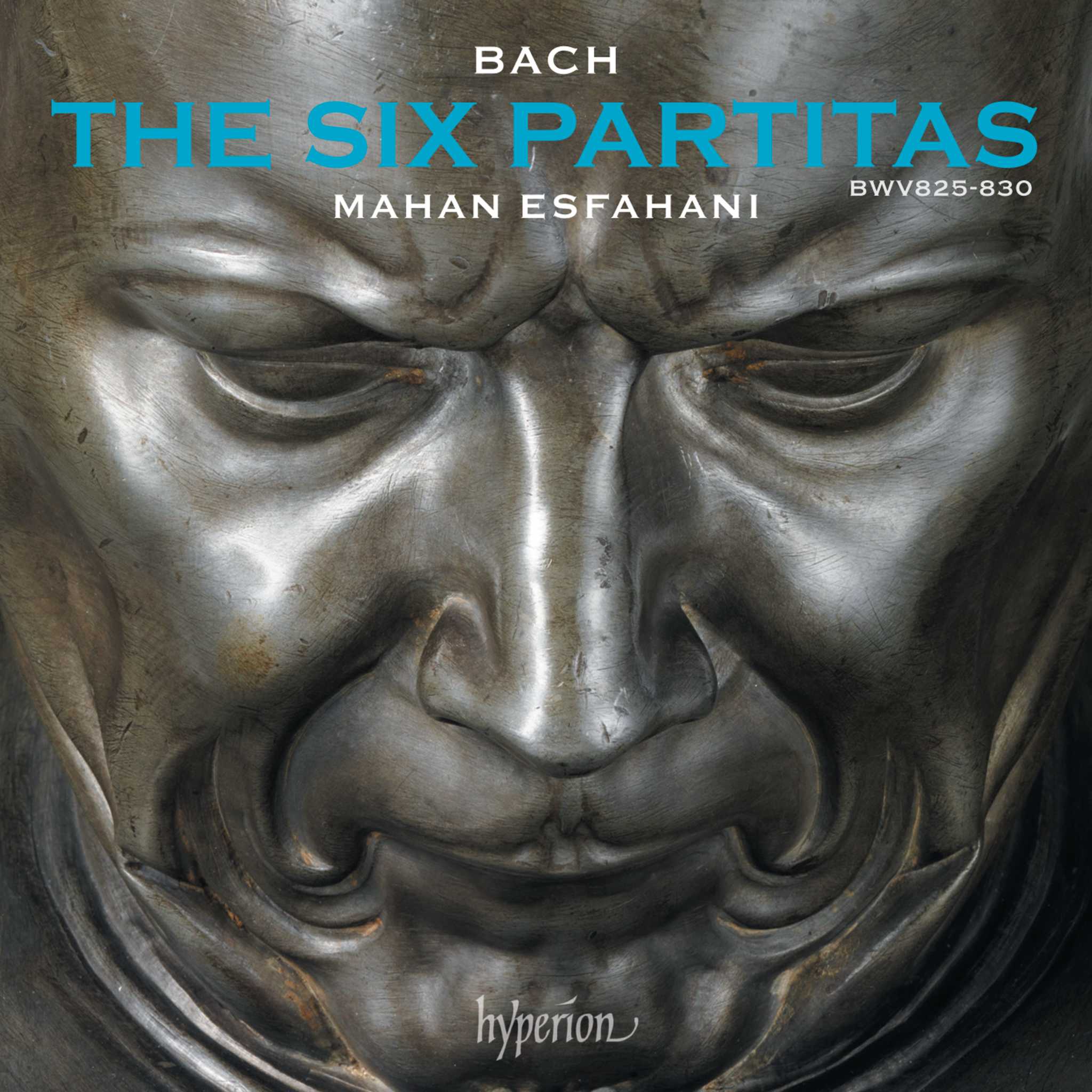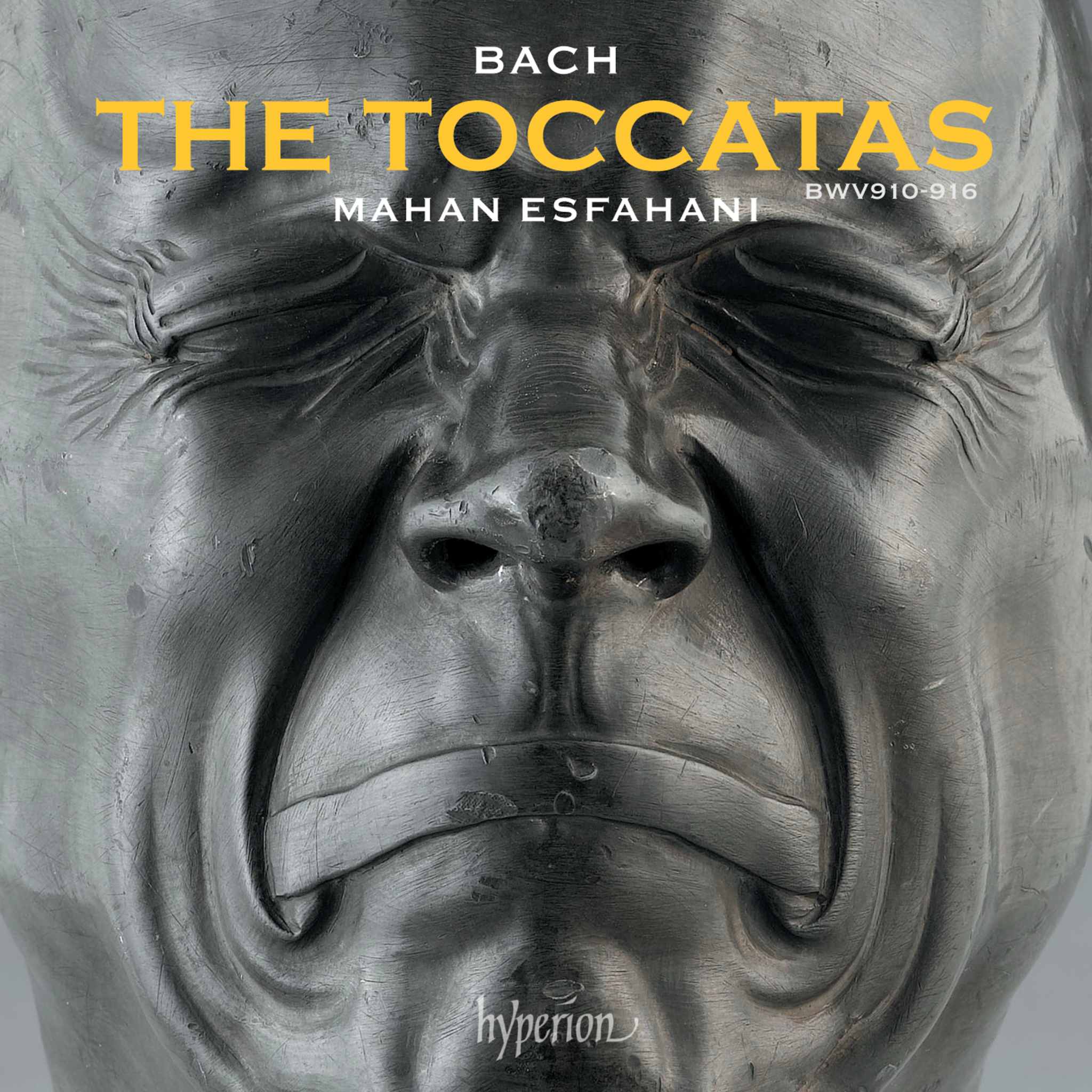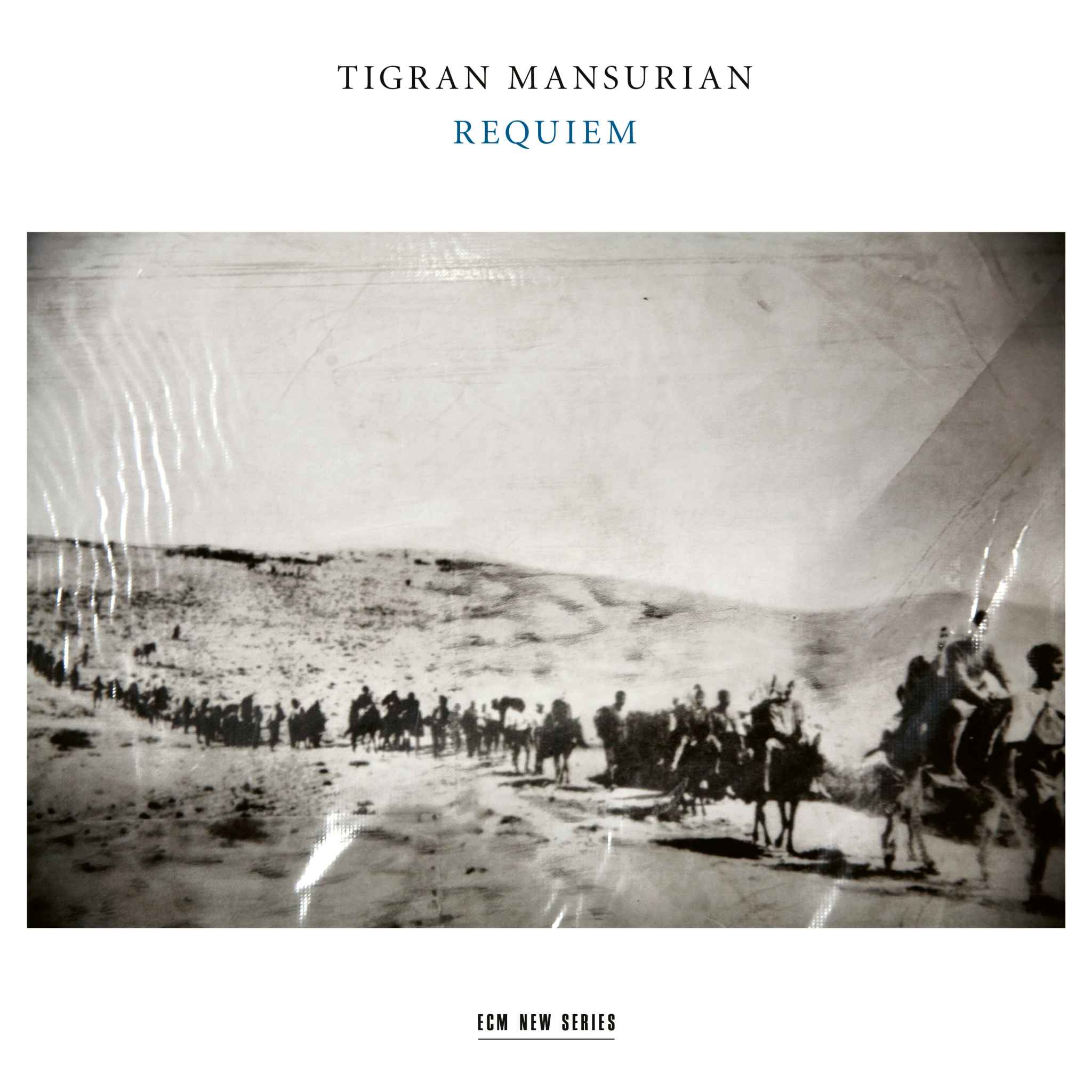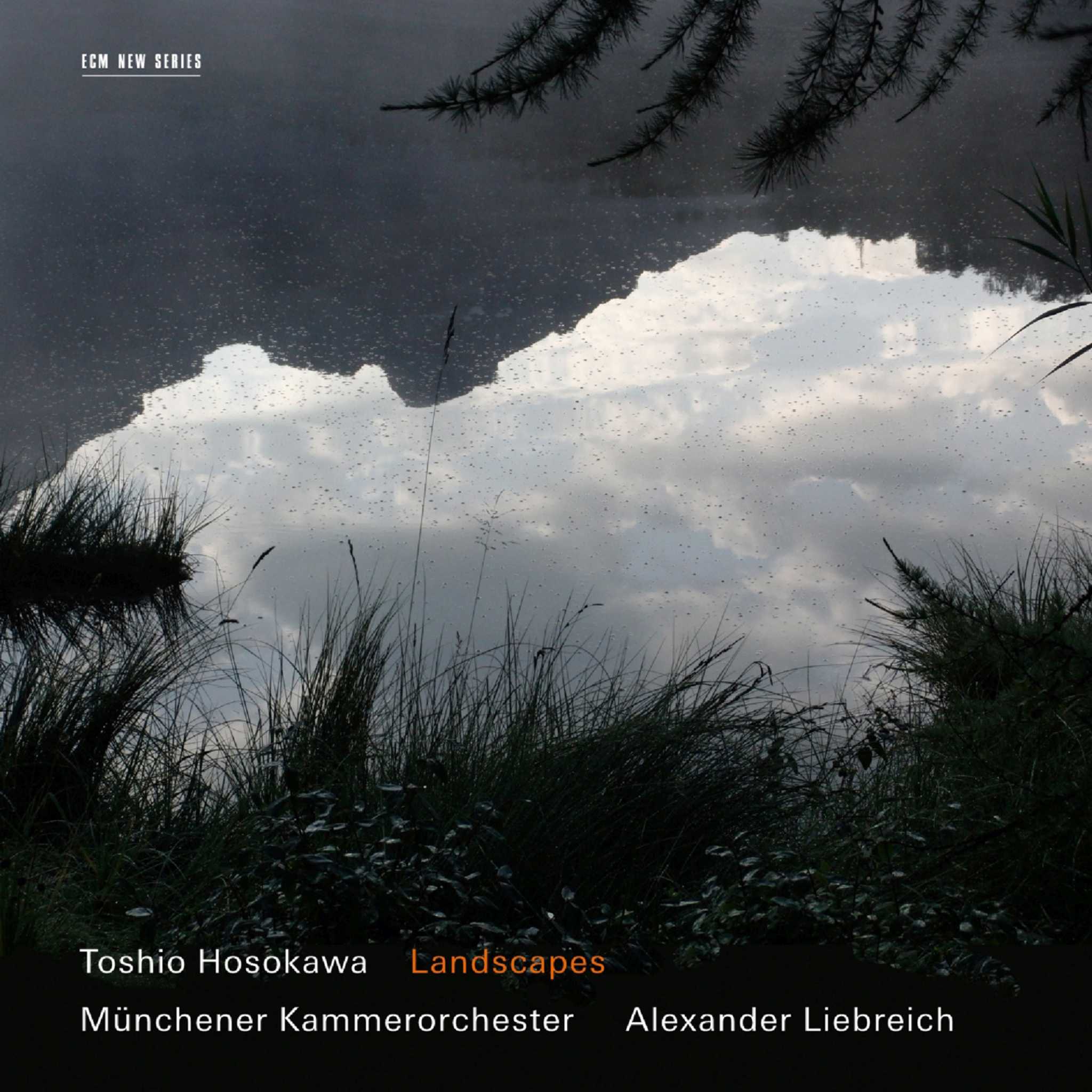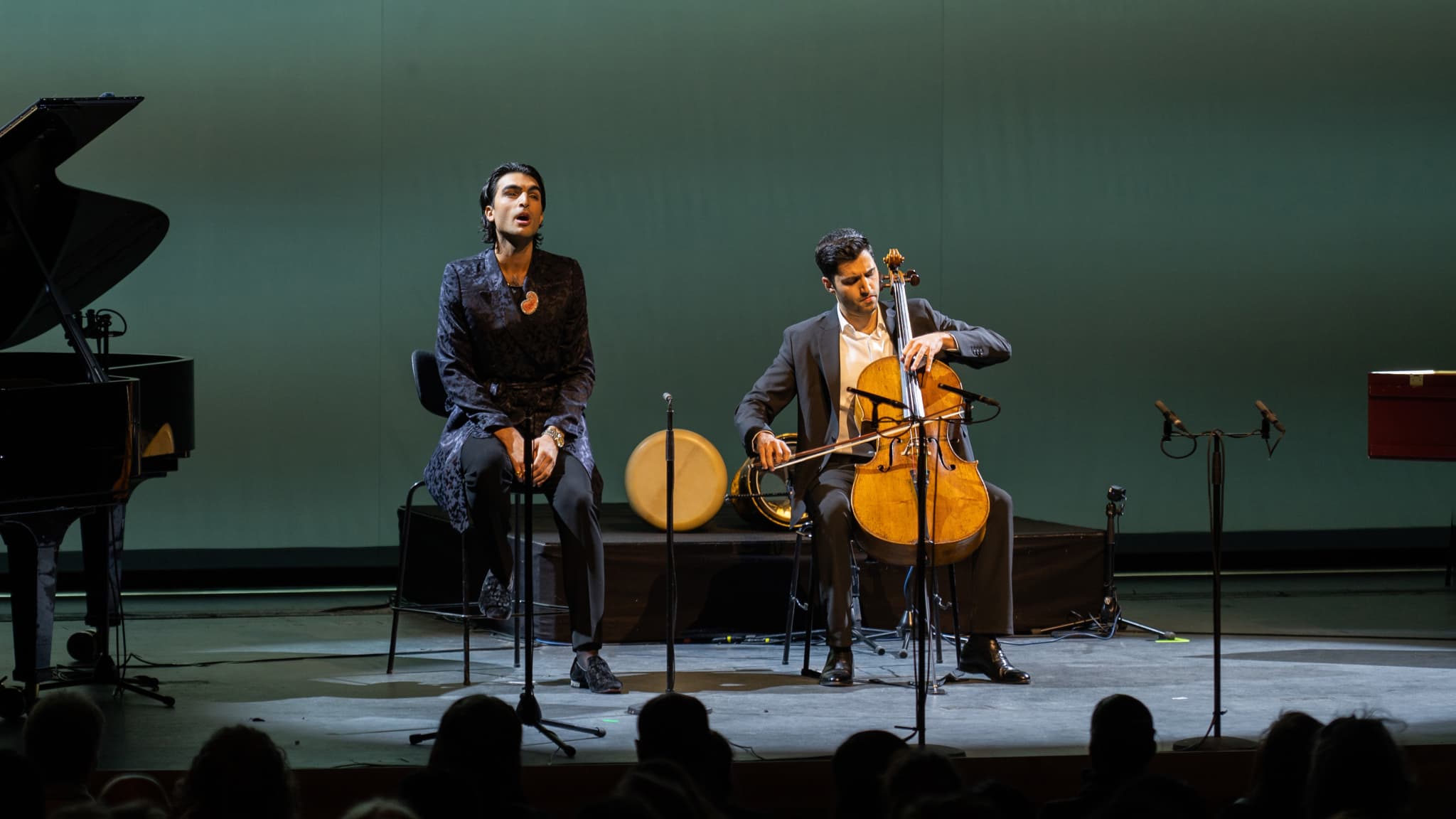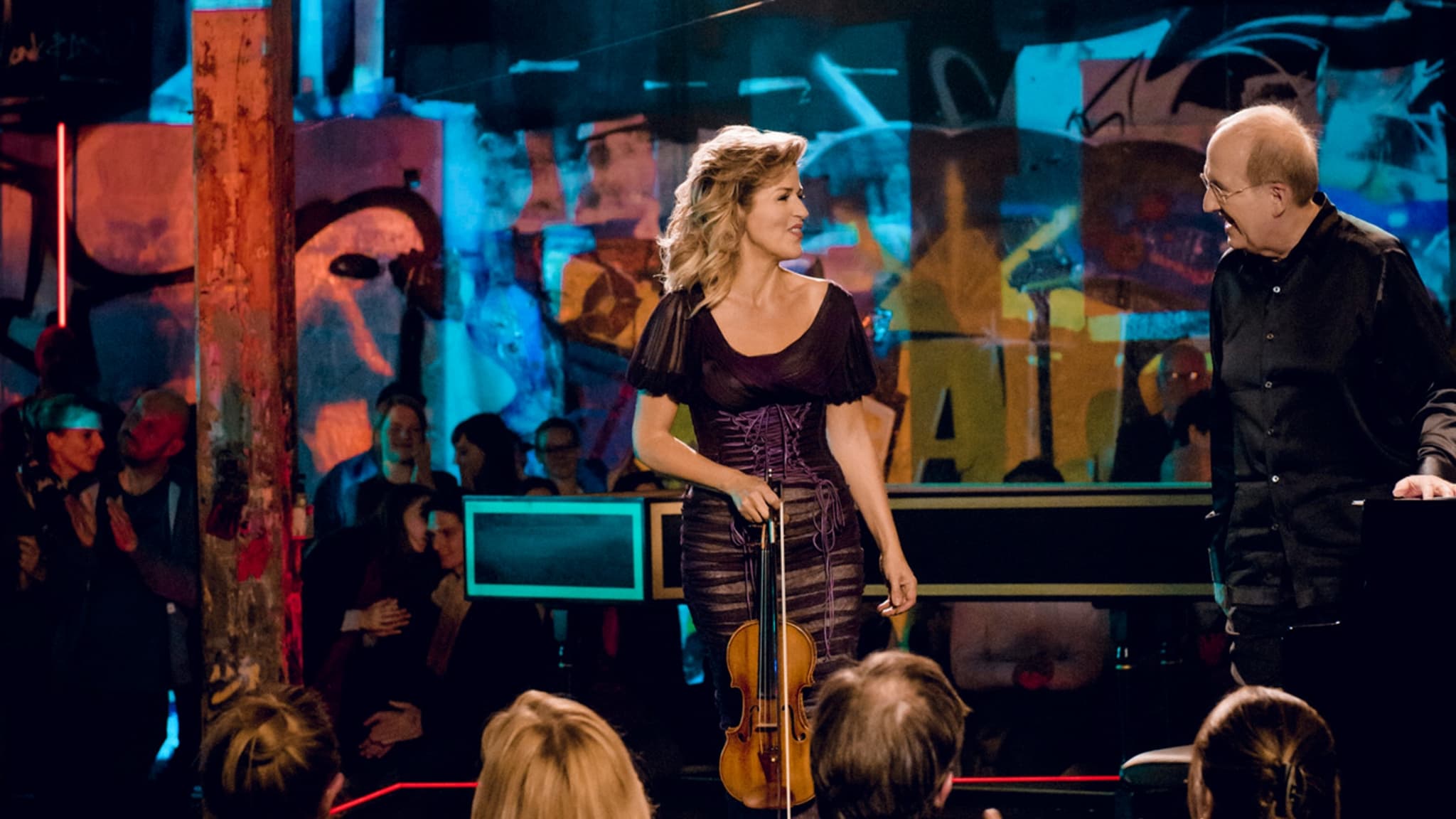Vor einiger Zeit führte mich eine Konzertreise in die südliche Hemisphäre, wo ich Poulencs Concert champêtre aufführen sollte. Direkt vor dem Auftritt stieß ich im Programmheft auf einen kritischen Beitrag, der die Seltenheit von Cembalokonzerten thematisierte. Über meine Reaktion auf den Verfasser schwieg ich; später begegnete ich ihm und versuchte, ihn bei einem Drink zu besänftigen.
Bohuslav Martinů gilt als Schöpfer eines der schönsten Werke für das Cembalo. Seine besonderen Lebensstationen – von Prag über Paris nach Amerika und in die Schweiz – machen seine Sonderstellung im 20. Jahrhundert deutlich. Martinů zeichnete sich durch Musikalität und eine feine, ironische Note aus, die seinen Werken emotionale Vielschichtigkeit und Esprit verliehen.
Hans Krása, ein Komponist der Vorkriegszeit, wird heute häufig im Zusammenhang mit seiner Haft im Konzentrationslager Theresienstadt genannt. Vor dem Holocaust spielte er jedoch eine zentrale Rolle im kulturellen Leben der Ersten Tschechoslowakischen Republik. Seine 1936 entstandene Kammermusik, die auf ein populäres Lied Bezug nahm, sorgte für kontroverse Diskussionen. Trotz seiner Deportationen nach Theresienstadt und anschließend nach Auschwitz hinterließ er ein beachtliches musikalisches Erbe.
Das Konzert für Cembalo und Streichorchester von Viktor Kalabis aus dem Jahr 1975 ist eng mit seiner Beziehung zu Zuzana Růžičková verbunden, die das Trauma der Konzentrationslager durchlebte. Dieses besondere Werk steht für einen Wendepunkt in ihrem Leben und spiegelt Kalabis’ Zuneigung wider. Die vorliegende Aufnahme, insbesondere Kalabis’ Komposition, möchte das Interesse an ihrer außergewöhnlichen musikalischen Persönlichkeit außerhalb Tschechiens wecken. Kalabis, ein realistischer Gentleman mit vorsichtiger Hoffnung, verkörpert die tschechische Musiktradition und unterstreicht die kulturelle Stärke Tschechiens im vergangenen Jahrhundert.




